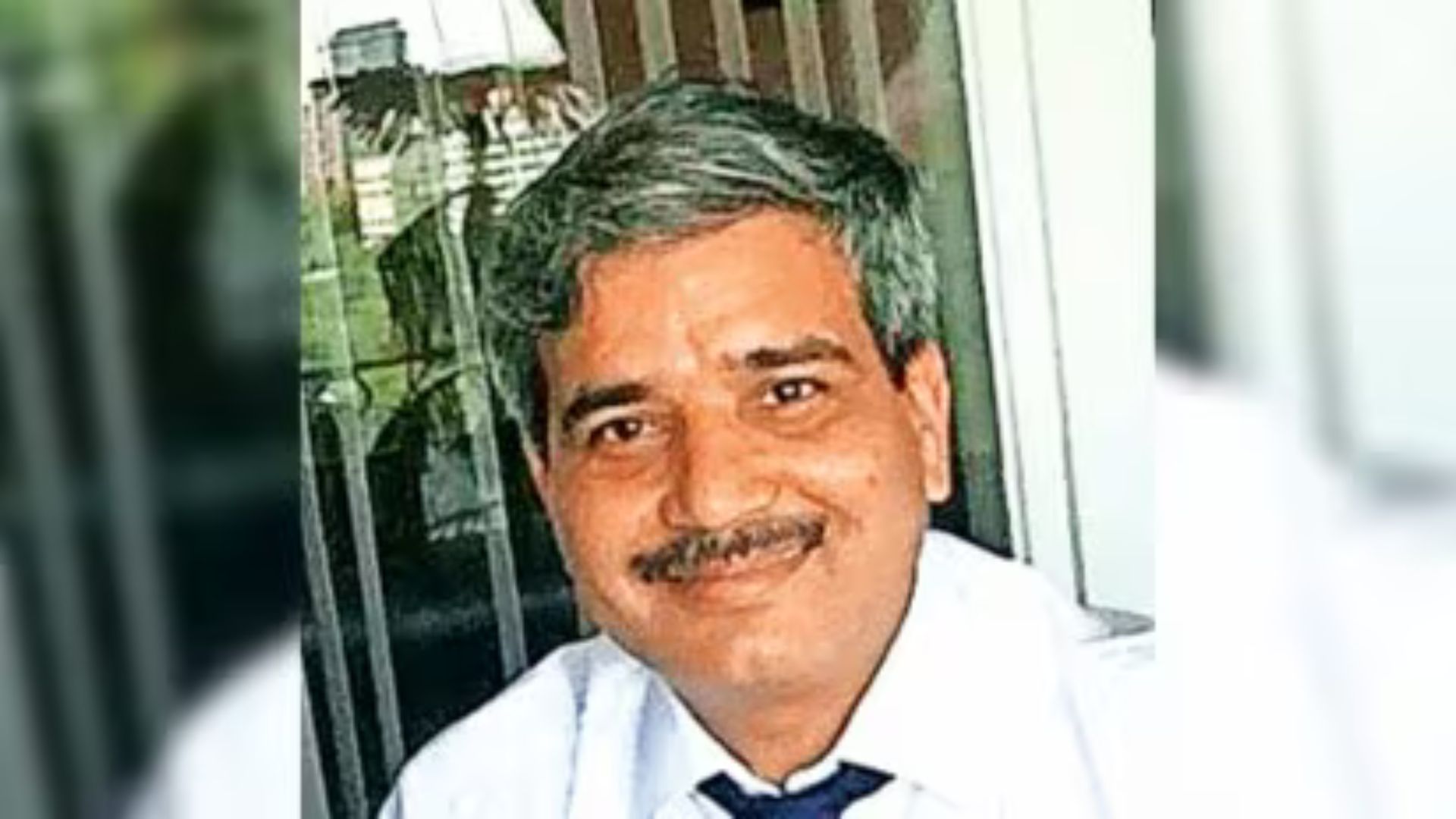Singh’s appointment to Tel Aviv is pivotal, as India is seen as a close ally by both Israel and Islamic nations.
New Delhi: The Government of India, Ministry of External Affairs on Friday announced Jitendra Pal Singh, an Indian Foreign Service officer of the 2002 batch as the next ambassador of India to Israel.
The Sunday Guardian had on 19 January reported (Afghanistan handled well, diplomat set to move to Israel as envoy) that Singh would be transferred to the crucial posting in Israel in wake of performing well in his position as Joint Secretary in the Ministry of External Affairs where he was handling the Pakistan, Afghanistan, and Iran (PAI) division.
Singh will replace Sanjiv Singla, a 1997 batch IFS officer, who assumed office in October 2019. Before coming to Delhi to head the PAI, Singh was India’s Consul General in Istanbul, Turkey.
Singh’s appointment to Tel Aviv comes at a crucial time when India is one of the few countries viewed as a close ally by both Israel and the Islamic nations, despite their ongoing regional tension.
Israel is considered both a challenging and rewarding posting for diplomats, as it offers the opportunity to engage in high-stakes negotiations and influence regional outcomes, while also requiring adept navigation of complex geopolitical dynamics and domestic political shifts, especially in the context of the growing strategic ties between New Delhi and Tel Aviv.
Singh reportedly performed well in securing India’s interest while dealing in the swiftly changing situation in Afghanistan where more than one superpower and countless local groups are fighting to establish and secure their presence in wake of the retreat of the US forces in August 2021.
As of today, as the situation stands, Kabul is more closely aligned to Delhi than to Islamabad which had hoped to turn Afghanistan into its vassal and had proclaimed that the Taliban leadership would act according to the directions from General Headquarters at Rawalpindi, which houses the Pakistan military leadership.
Singh will have to carefully walk a diplomatic tightrope, much like his predecessor, as India must navigate its delicate position without antagonizing either Tel Aviv or the influential group of Islamic nations.
Decisions in New Delhi on these matters are made only after thorough consultation with diplomats posted in these respective countries, ensuring that all perspectives are considered. The nuanced approach is highly essential in maintaining India’s famed balanced foreign policy.

